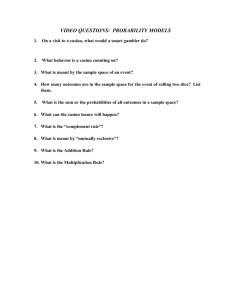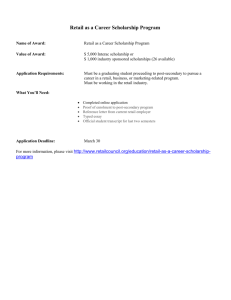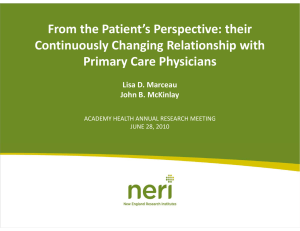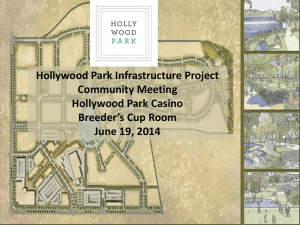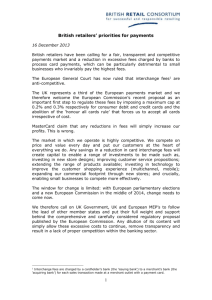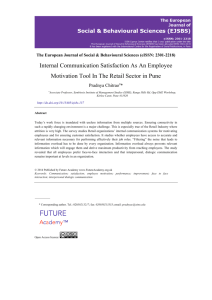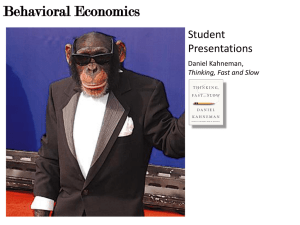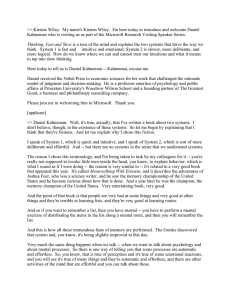Research Abstract
advertisement
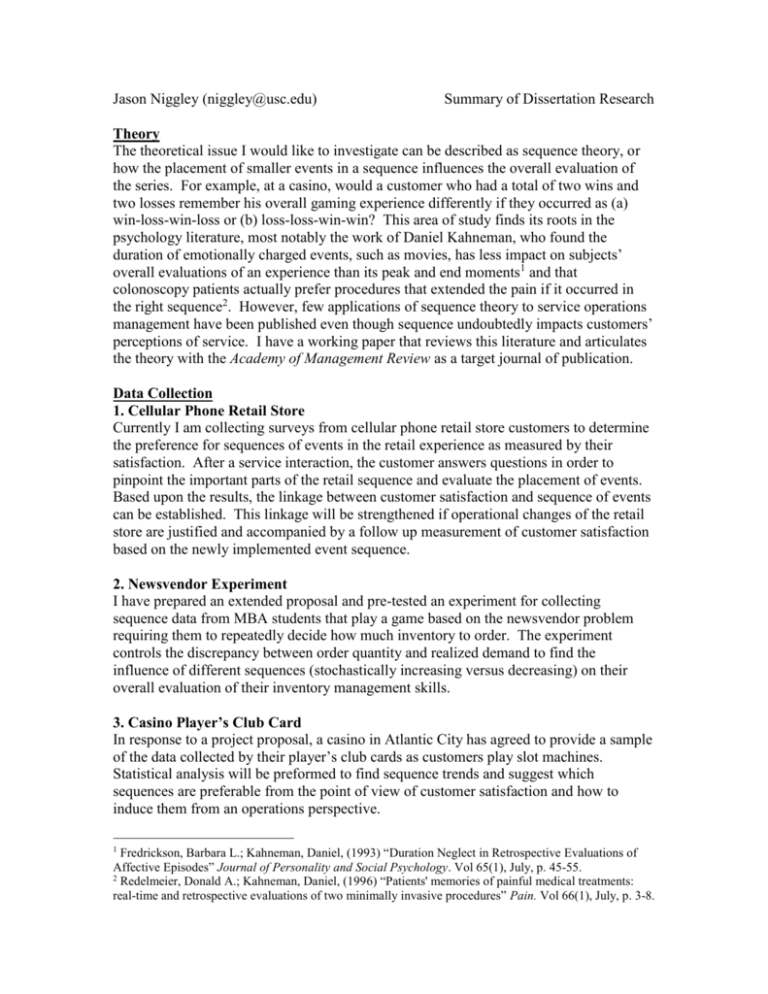
Jason Niggley (niggley@usc.edu) Summary of Dissertation Research Theory The theoretical issue I would like to investigate can be described as sequence theory, or how the placement of smaller events in a sequence influences the overall evaluation of the series. For example, at a casino, would a customer who had a total of two wins and two losses remember his overall gaming experience differently if they occurred as (a) win-loss-win-loss or (b) loss-loss-win-win? This area of study finds its roots in the psychology literature, most notably the work of Daniel Kahneman, who found the duration of emotionally charged events, such as movies, has less impact on subjects’ overall evaluations of an experience than its peak and end moments1 and that colonoscopy patients actually prefer procedures that extended the pain if it occurred in the right sequence2. However, few applications of sequence theory to service operations management have been published even though sequence undoubtedly impacts customers’ perceptions of service. I have a working paper that reviews this literature and articulates the theory with the Academy of Management Review as a target journal of publication. Data Collection 1. Cellular Phone Retail Store Currently I am collecting surveys from cellular phone retail store customers to determine the preference for sequences of events in the retail experience as measured by their satisfaction. After a service interaction, the customer answers questions in order to pinpoint the important parts of the retail sequence and evaluate the placement of events. Based upon the results, the linkage between customer satisfaction and sequence of events can be established. This linkage will be strengthened if operational changes of the retail store are justified and accompanied by a follow up measurement of customer satisfaction based on the newly implemented event sequence. 2. Newsvendor Experiment I have prepared an extended proposal and pre-tested an experiment for collecting sequence data from MBA students that play a game based on the newsvendor problem requiring them to repeatedly decide how much inventory to order. The experiment controls the discrepancy between order quantity and realized demand to find the influence of different sequences (stochastically increasing versus decreasing) on their overall evaluation of their inventory management skills. 3. Casino Player’s Club Card In response to a project proposal, a casino in Atlantic City has agreed to provide a sample of the data collected by their player’s club cards as customers play slot machines. Statistical analysis will be preformed to find sequence trends and suggest which sequences are preferable from the point of view of customer satisfaction and how to induce them from an operations perspective. Fredrickson, Barbara L.; Kahneman, Daniel, (1993) “Duration Neglect in Retrospective Evaluations of Affective Episodes” Journal of Personality and Social Psychology. Vol 65(1), July, p. 45-55. 2 Redelmeier, Donald A.; Kahneman, Daniel, (1996) “Patients' memories of painful medical treatments: real-time and retrospective evaluations of two minimally invasive procedures” Pain. Vol 66(1), July, p. 3-8. 1
